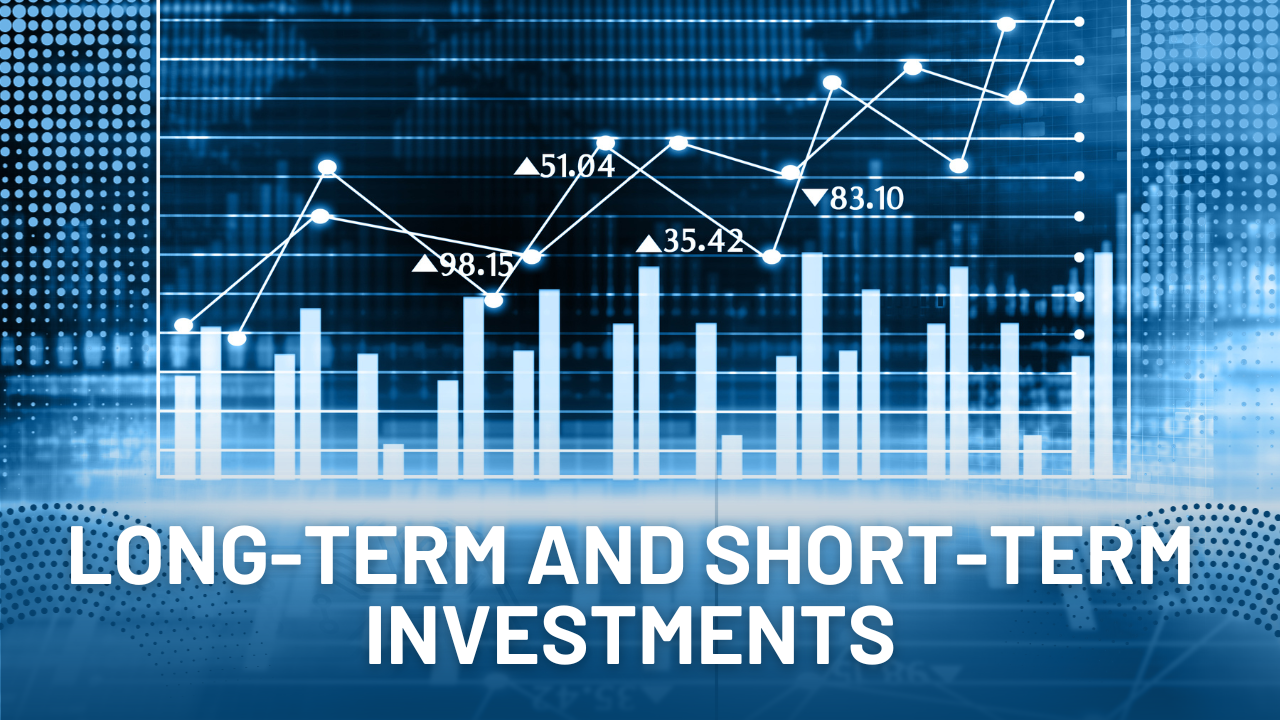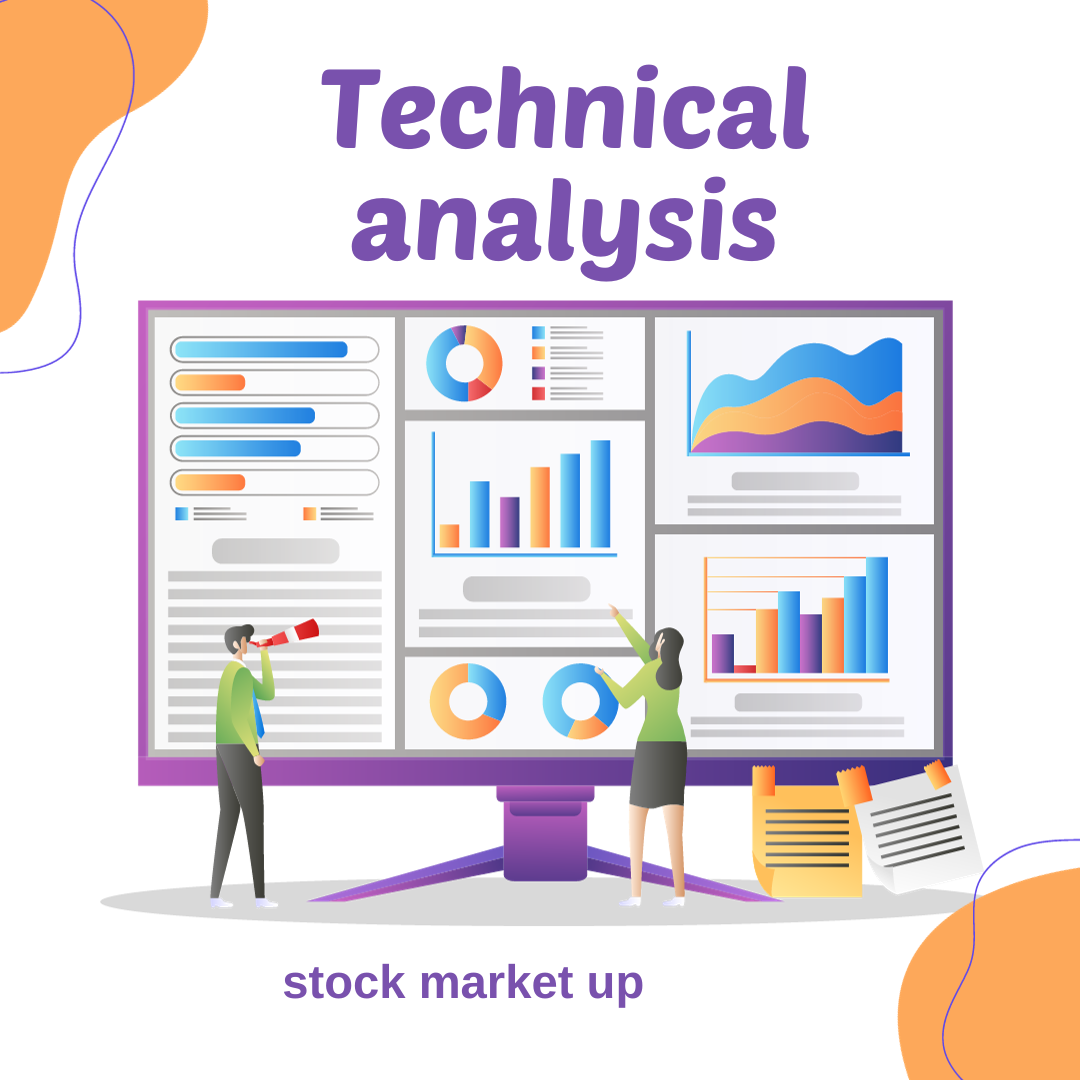Title:Analysis of Stock Market: Long-Term Investment and Short-Term Investment
 Introduction:
Introduction:
There are many options and segments for investing in the stock market, and investors have to be clear whether to adopt a long-term or short-term investment strategy. There are benefits and drawbacks to each approach, and understanding the nuances of both can help investors make the right decision for their financial goals. This blog will discuss these ideas that can change your investment approach and understand the difference between long-term and short-term investments.
Long-Term Investing: Making Money Over Time
Patience gives the best results.
In long-term investing, investors park their capital in the market and hope that their investment will last for a long time. Compounding, which increases investments over time, is the basis of this strategy.
Weathering Market Volatility:
Long-term investors are often less concerned with short-term market changes. They believe that markets move through ups and downs, and they have the patience to withstand temporary setbacks. They also believe in the market trend in the long term.
Fundamental analysis:
Long-term investors often pay attention to the fundamentals of companies. They analyze financial statements, industry trends, and the general economic landscape to find businesses with solid growth potential and long-lasting competitive advantages.
 Reduction in Trading Costs:
Reduction in Trading Costs:
Longer-term investments often involve fewer trades, resulting in lower transaction costs. Transaction fees and taxes can reduce profits in a short-term trading strategy, so this can contribute to higher overall returns.
Short-term investing: capitalizing on market fluctuations
Taking advantage of opportunities:
The goal of the trader or short-term investor is to profit from short-term price increases. This approach involves actively buying and selling stocks, aiming to make quick profits by taking advantage of market inefficiencies or short-term trends.
It happens.
Technical analysis:
Short-term investors often make decisions based on trading indicators, price charts, patterns, and technical analysis. The timing of market entry and exit focuses on short-term price changes.
 Market timing matters.
Market timing matters.
Short-term investing requires a deep understanding of the market. Traders must be alert and sensitive to news, events, and market sentiment, as these can all influence short-term price changes.
Risk management:
Long-term investing requires rigorous risk management. Due to the quick nature of trades, it is essential to create clear stop-loss orders to prevent large losses and adopt a disciplined approach to minimize risk.
Considerations for investors:
 Risk tolerance:
Risk tolerance:
Your best investment target depends on your risk tolerance. Short-term investors should be comfortable with sharp and unexpected price changes, while long-term investors can avoid market volatility.
Financial goals:
Consider your time frame and financial goals. A long-term strategy may be more appropriate if you are saving for retirement or long-term goals. Opportunistic trading or short-term goals may be better aligned with a short-term approach.
Diversification:
Diversification allows investors to benefit from investing in different assets to reduce long-term and short-term risks. But the specific assets and allocation may differ according to the investments chosen.
Conclusion:
Long-term investment in the stock market definitely gives a profit, and short-term investments are better for professional traders. The key is to align your investment strategy with your financial objectives, risk tolerance, and the time you can commit to actively managing your investments. Staying informed and adaptable is essential to success in the ever-changing world of finance, whether you choose the stable path of long-term growth or the more dynamic path of short-term trading. Remember that no idea fits the same pattern, and the most effective strategy is the one that works best for you. The better your financial understanding, the better the investment.

Good 👍